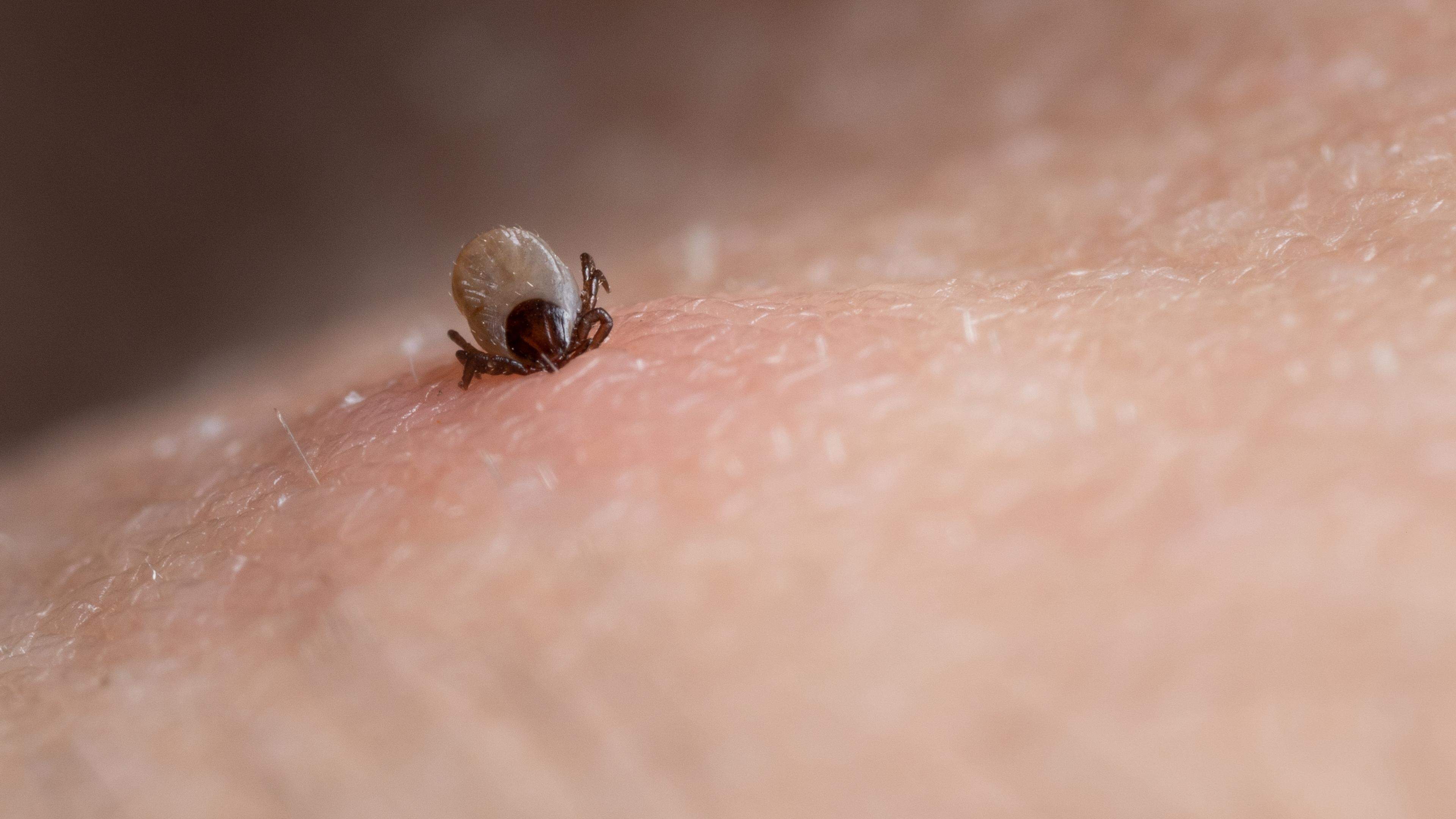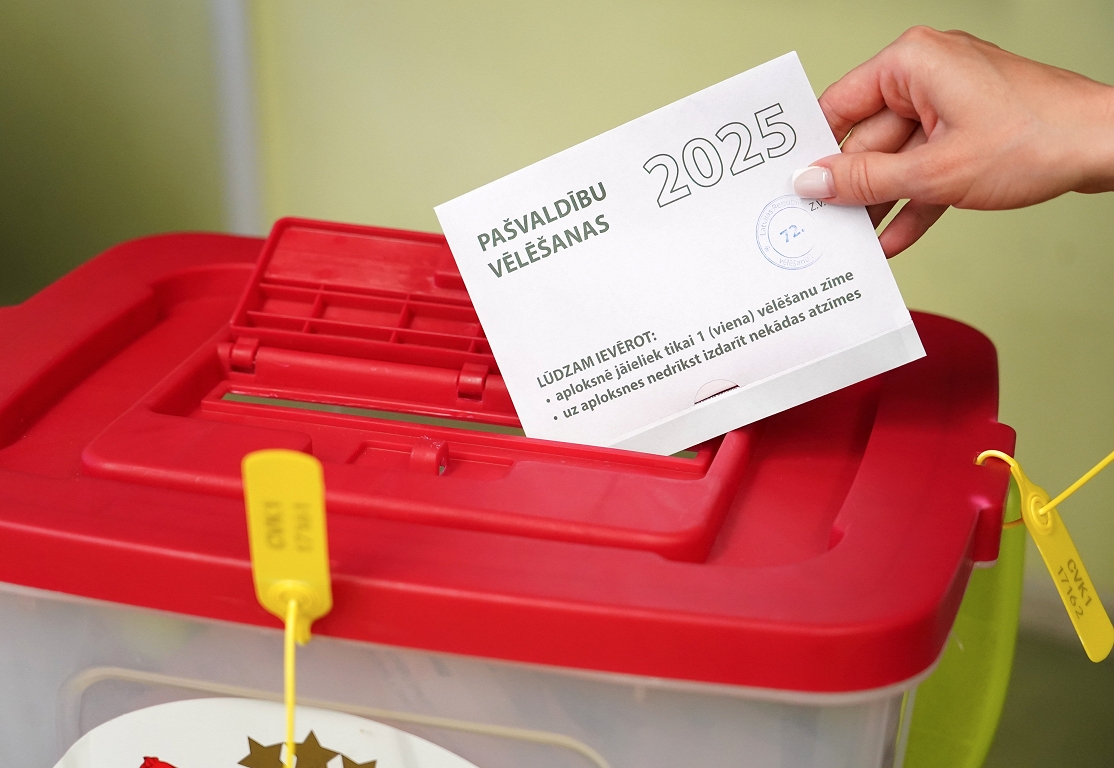Stable low number of cases and prevention campaign Minister is positive

The campaign « Attention Aux Tiques! Comment SE Protéger has been running for almost ten years now? » In the Grand Duchy, for which a number of information materials were developed and distributed: flyers, posters and video recordings are used. Particularly practical: tick tongs are provided free of charge on request.
Communication takes place via several channels: « Social media, press releases, special conferences for people from the health sector and the creation of their own website, » explains the Minister of Health Martine Drez in her response to a parliamentary request from MP Mars di Bartolomeo.
Monitoring methods and international cooperation
For 2025, the Ministry of Health relies on a holistic approach. As part of the « One Health » strategy, a workshop in the Center Hospitalier de Luxembourg took place on May 14, in which national and international experts spoke about insects.
How to protect yourself from ticks
The new EU-co-financed project « Phresh » (Establishing a Public Health Rapid Epidemiological Surveillance Hub in Luxembourg) is interesting. The health directorate builds a « surveillance network for ticks » in cooperation with the doctors of the existing « flu surveillance network ».
Borreliosis numbers remain stable
The statistics show a calming picture: the number of Borreliosis cases has remained relatively constant since 2019. The annual number of cases fluctuated between twelve and 46 cases, whereby the more dangerous neuro-Borreliosis only occurred in 2020 with two cases. « The course is more or less stable, with expected fluctuations due to the low numbers, » explains the minister.
A study carried out by the Luxembourg Institute of Health (Lih) in 2010 showed that 11 percent of Luxembourg ticks with Borrelia Burgdorferi, the pathogen of Lyme-Borreliosis, are infected. In order to receive current data, the Lih last month started a new nationwide study with a monthly tick collection.
Improved diagnostic options
Since May 2017, the United Luxembourg Laboratories have been offering the Elispot test that « measures the production of cytokines by T-lymphocytes ». This test can identify active infections and is particularly useful « if the clinical or serological diagnosis is unsure ».
Microbiologist: « Ticks don’t jump on humans »
However, the minister emphasizes that laboratory tests are mainly recommended for suspicious clinical symptoms and not as screening. Since antibody production only begins three to six weeks after the infection, the time of testing is crucial for the interpretation of the results.






/s3/static.nrc.nl/images/gn4/data133317775-d0126f.jpg)
